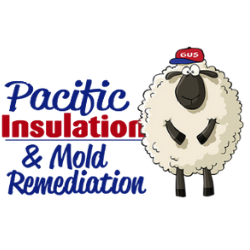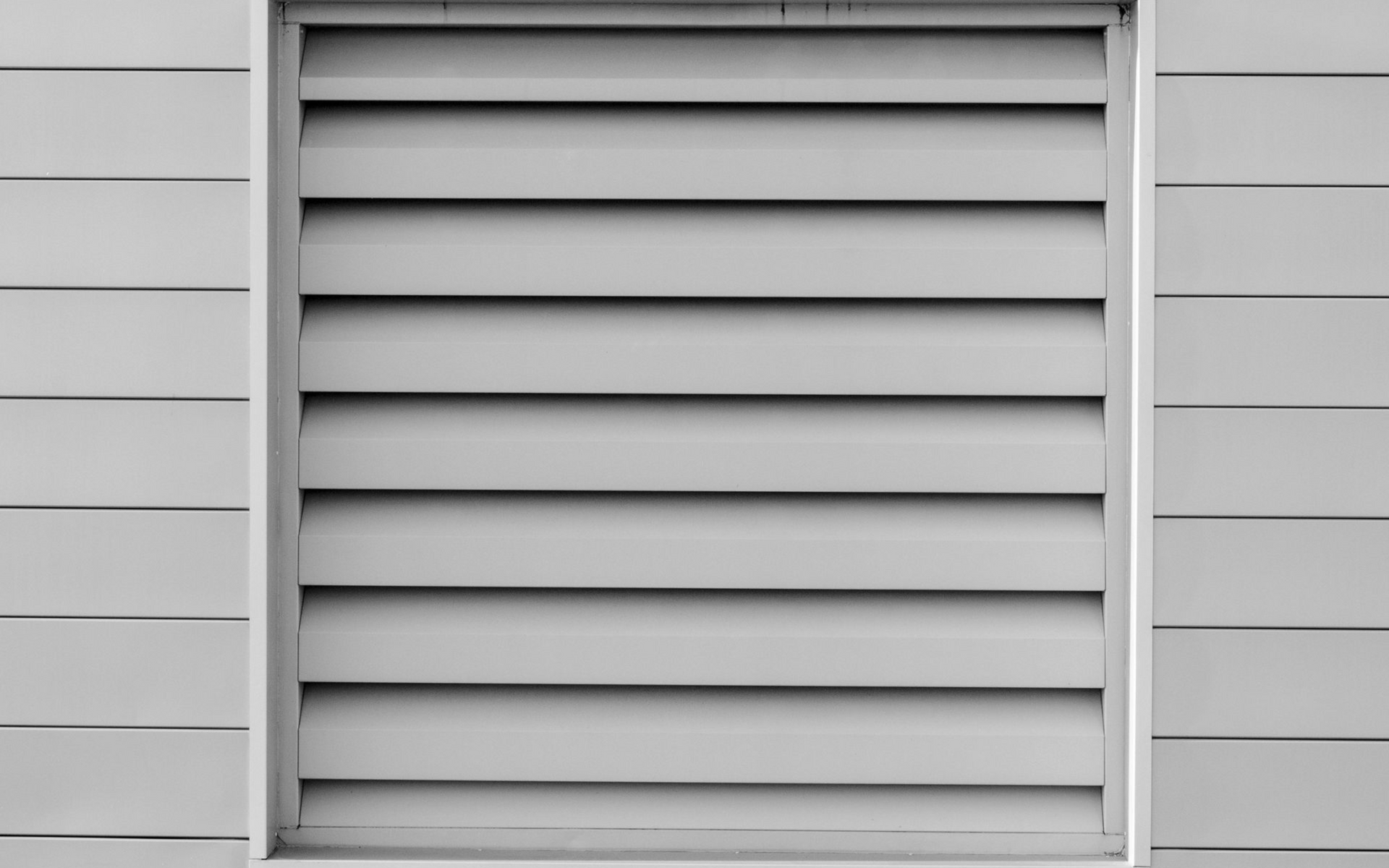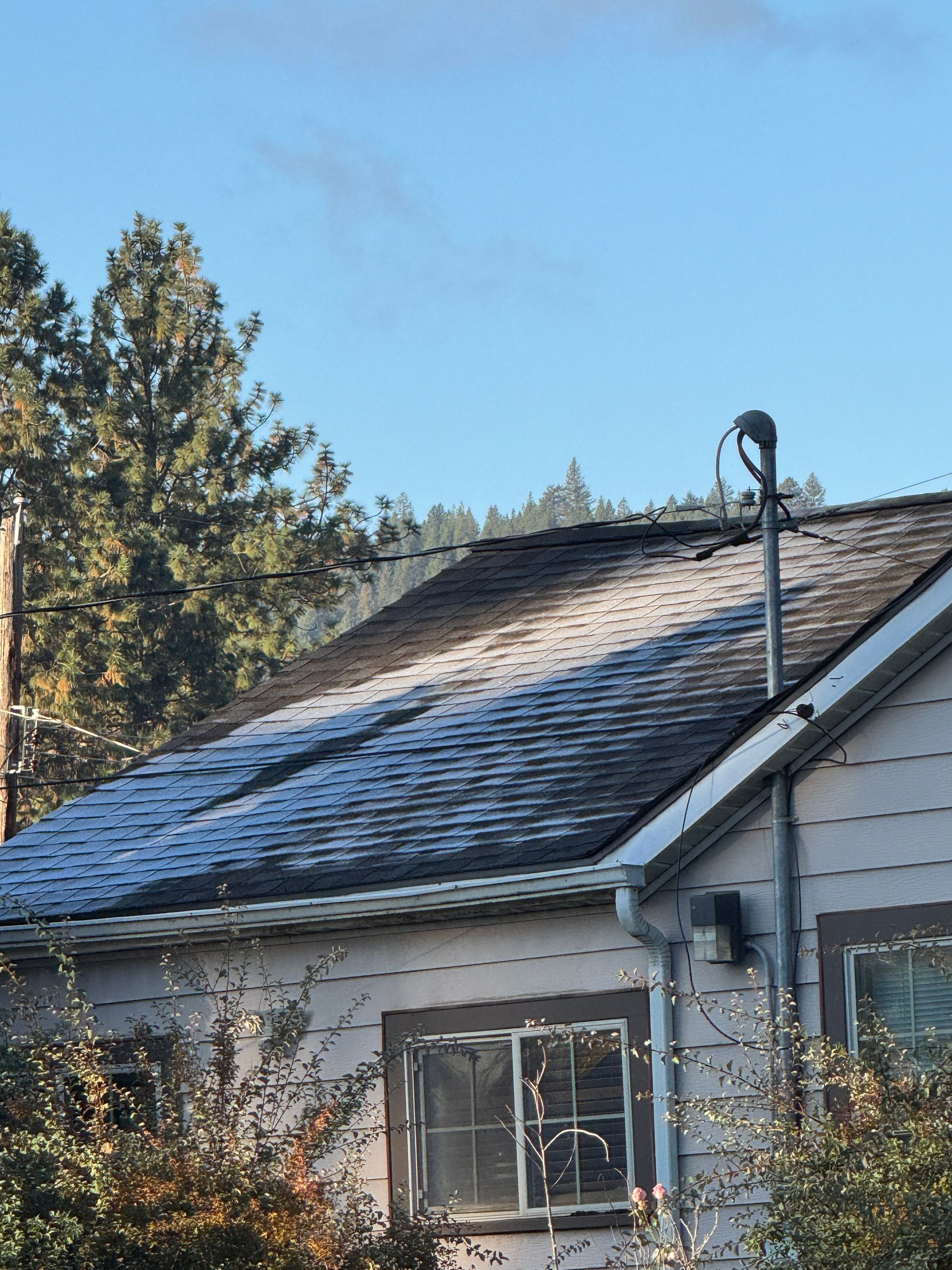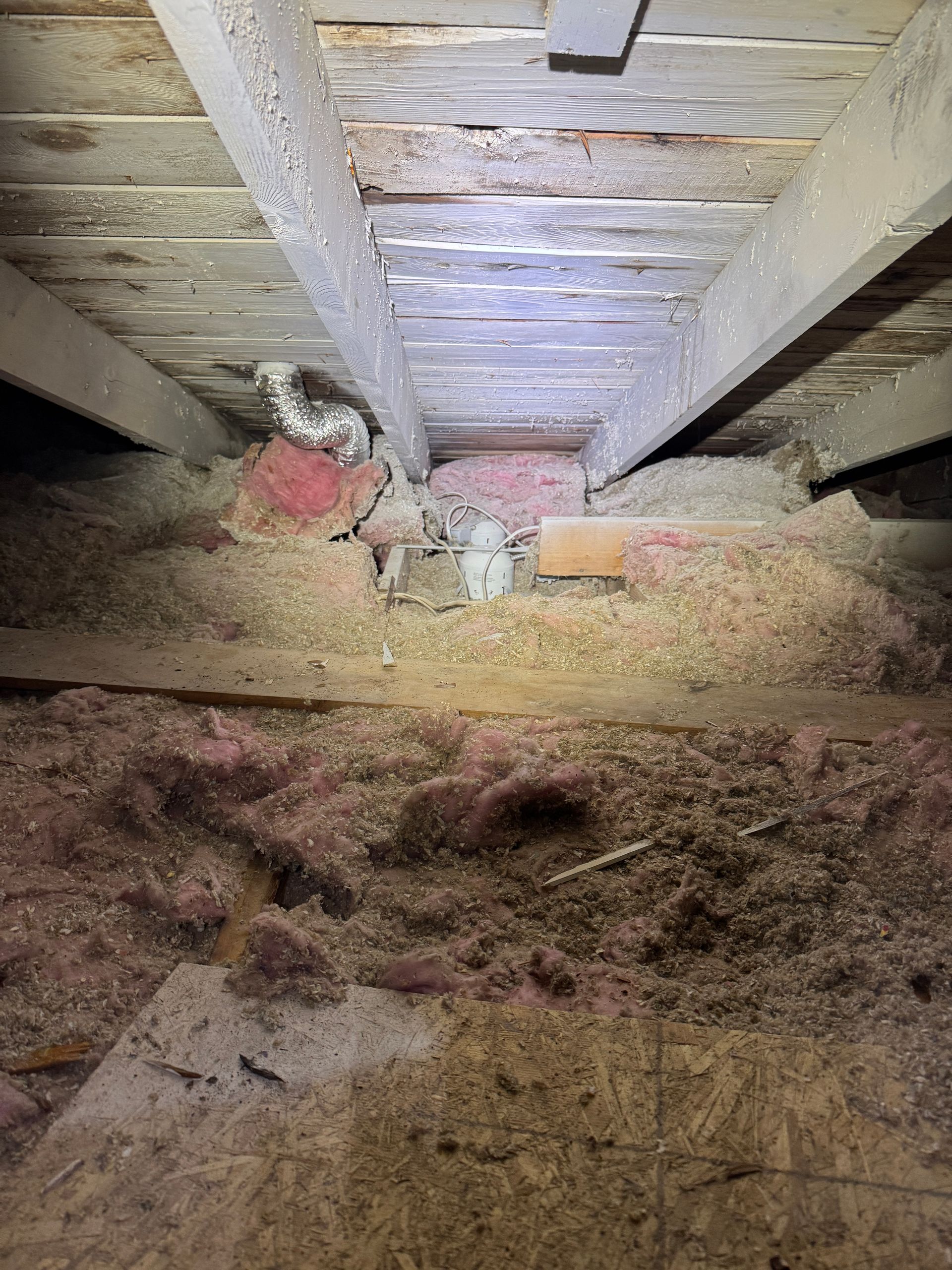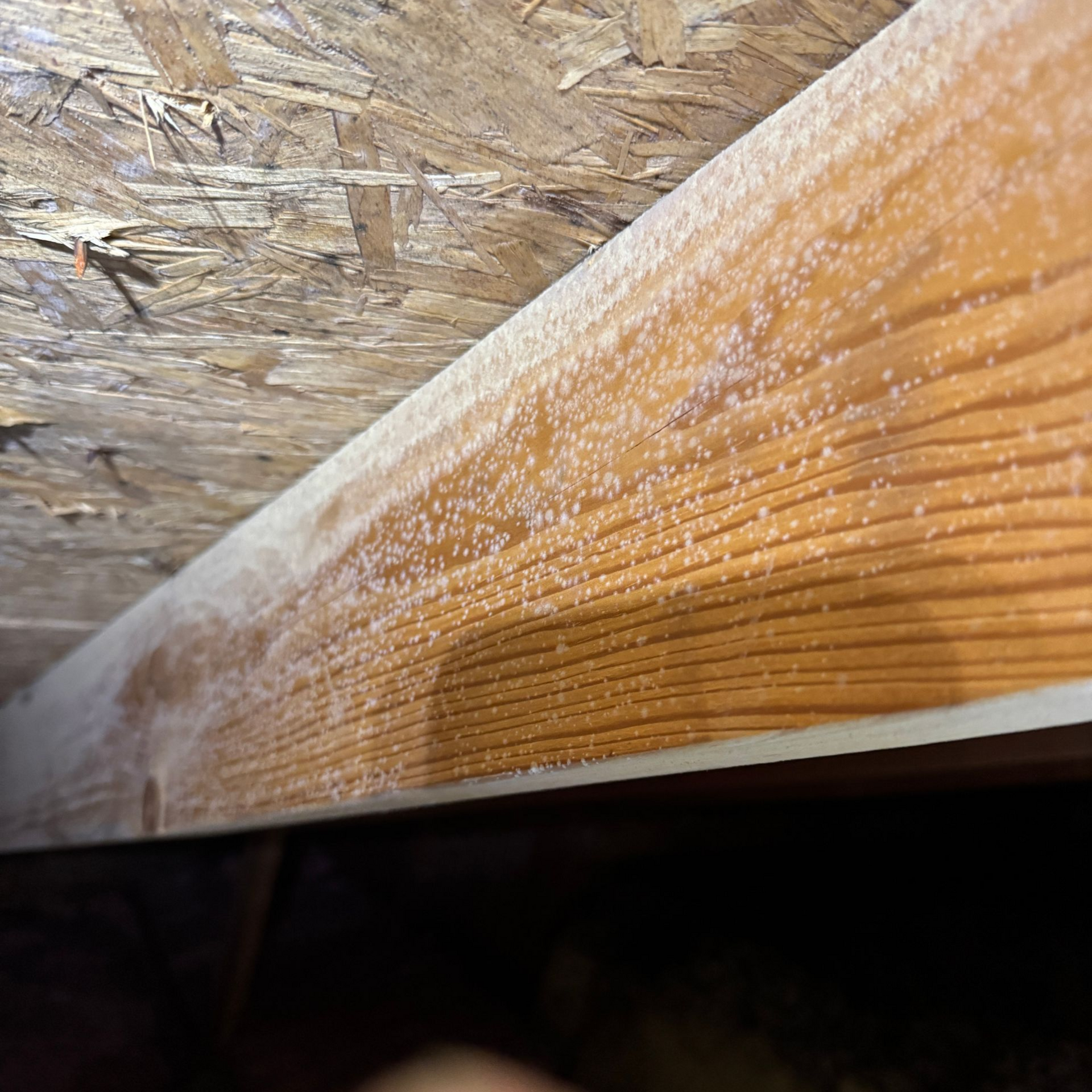Finding the Best Insulation Companies Nearby
Finding the Best Insulation Companies Nearby
When it comes to keeping your home comfortable and energy-efficient, proper insulation is key. Whether you're considering blown-in insulation, batt insulation, or any other type, finding the right insulation company is crucial. This guide will help you navigate the process of locating the best insulation companies near you.
Understanding the Importance of Insulation
Insulation plays a vital role in maintaining the temperature of your home. It helps keep your house warm in the winter and cool in the summer by reducing heat flow. This not only enhances comfort but also lowers energy bills, making it a smart investment for any homeowner.
Different Types of Insulation
Before diving into how to find the best insulation companies, it’s important to know about the different types of insulation available:
- Blown-In Insulation: This type is ideal for attic spaces and involves blowing material like cellulose or fiberglass into place.
- Batt Insulation: Commonly used in walls, floors, and ceilings, this insulation comes in pre-cut panels.
- Spray Foam Insulation: Offers excellent coverage for irregularly shaped areas and is known for its high R-value.
- Rigid Foam Insulation: Used for insulating foundations and basement walls.
Each type has its own advantages, and the best choice depends on your specific needs and budget.
How to Find Local Insulation Companies
Finding reliable insulation specialists near you can be a daunting task. Here are some practical steps to make the process easier:
Start with Online Searches
Begin your search online with keywords like "who does blown in insulation near me" or "insulation specialists near me." This will give you a list of local insulation companies. Pay attention to their websites to understand the services they offer and their areas of expertise.
Check Reviews and Ratings
Once you have a list, delve into the reviews and ratings of each company. Websites like Yelp, Google Reviews, and Angie's List can provide insights into customer experiences. Look for companies with consistently high ratings and positive feedback about their services.
Ask for Recommendations
Word of mouth is a powerful tool. Ask friends, family, or neighbors if they have any recommendations for insulation contractors. They can provide firsthand insights into the quality of work and customer service of the companies they have used.
What to Look for in an Insulation Company
Now that you have a list of potential companies, here’s what to consider when narrowing down your options:
Experience and Expertise
Choose a company with a proven track record in insulation services. Experienced companies are more likely to provide quality work and handle any challenges that may arise during installation.
Licensing and Insurance
Ensure that the company is licensed and insured. Licensing ensures that the company meets industry standards, while insurance protects you from liability in case of accidents during the installation process.
Range of Services
Some companies specialize in specific types of insulation, while others offer a wider range of services. Consider what you need and make sure the company can meet those requirements.
Free Estimates and Inspections
A reputable insulation company should offer free estimates and inspections. This allows them to assess your home and provide an accurate quote based on the specific requirements.
Customer Service
Good customer service is crucial. The company should be responsive, professional, and willing to answer any questions you may have.
Understanding the Cost
The cost of insulation can vary significantly based on several factors including the type of insulation, the size of your home, and labor costs. Here are some tips to help you understand and manage the costs:
- Get Multiple Quotes: Obtain quotes from at least three different companies. This will give you a sense of the average cost and help you spot any unusually high or low estimates.
- Consider Value Over Price: The cheapest quote isn’t always the best. Consider the value offered in terms of experience, quality of materials, and customer service.
- Ask About Financing Options: Some companies offer financing plans to help spread out the cost of insulation over time.
Benefits of Hiring Professional Insulation Installers
While DIY insulation might seem tempting, hiring professional insulation installers comes with numerous benefits:
Expertise and Knowledge
Professionals have the expertise to assess your home’s insulation needs accurately. They can recommend the best type of insulation for your specific situation.
Quality and Safety
Professional installers use high-quality materials and adhere to safety standards, ensuring the insulation is installed correctly and safely.
Time and Convenience
Hiring professionals saves you time and effort. They handle the entire process, from assessment to cleanup, allowing you to focus on other tasks.
Warranty and Support
Many professional insulation companies offer warranties on their work. This provides peace of mind, knowing that you have support in case any issues arise after the installation.
Conclusion
Finding the best insulation companies near you doesn’t have to be overwhelming. By understanding the types of insulation, researching local companies, and knowing what to look for, you can make an informed decision. Proper insulation is an investment that pays off in comfort, energy savings, and increased home value.
Take the time to research and choose the right insulation company for your needs to ensure a successful and hassle-free installation process.
